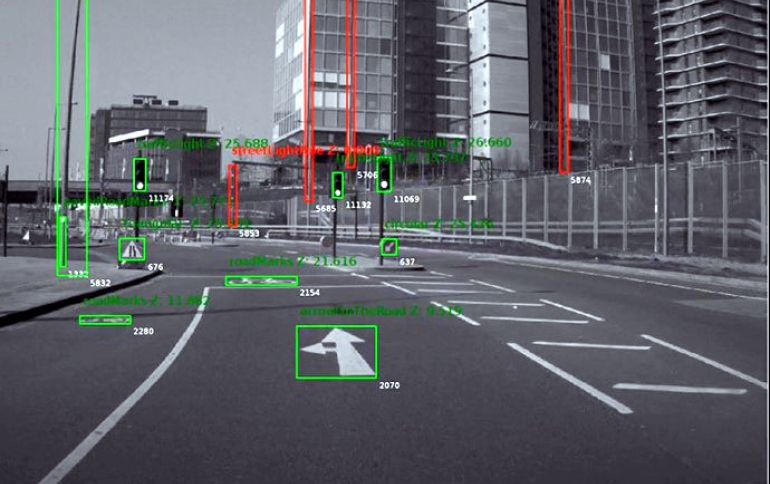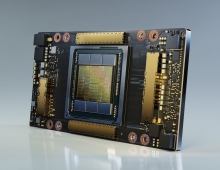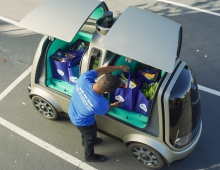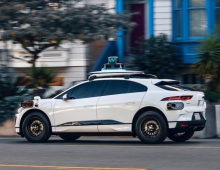
2020 CES: Mobileye Announces Deals in China, South Korea
With sales close to $1 billion in 2019 and expected to rise double-digits this year, Mobileye’s global ambitions in advanced driver-assistance systems (ADAS) and autonomous mobility-as-a-service (MaaS) came into focus with two agreements announced today.
SAIC, a leading Chinese OEM, plans to use Mobileye’s REM mapping technology to map China for L2+ ADAS deployment while paving the way for autonomous vehicles in the country. And the leaders of Daegu Metropolitan City, South Korea, agreed to establish a long-term cooperation to deploy MaaS based on Mobileye’s self-driving system.
The two deals show how Mobileye, an Intel Company, is executing on its multiprong strategy toward full autonomy, which includes mapping, ADAS, MaaS and consumer AVs. Mobileye had previously announced agreements with RATP in partnership with the city of Paris to bring robotaxis to France; a collaboration with NIO to manufacture Mobileye’s self-driving system and sell consumer AVs based on that system, and to supply robotaxis exclusively to Mobileye for China and other markets; a joint venture with UniGroup in China for use of map data; and a joint venture with Volkswagen and Champion Motors to operate an autonomous ride-hailing fleet in Israel.
With the addition of the SAIC agreement, Mobileye’s China footprint now includes L2+ ADAS, mapping (a first for China), MaaS and consumer AVs.
Mobileye estimates the autonomous MaaS total addressable market (TAM) at $160 billion by 2030.
According to the agreement, SAIC will use Mobileye’s Road Experience Management (REM) mapping technology on SAIC vehicles via SAIC’s licensed map subsidiary (Heading). SAIC vehicles will contribute to Mobileye’s RoadBook by gathering information on China’s roadways, creating a high-definition map of the country that can be used by vehicles with L2+ and higher levels of autonomy.
SAIC joins other Mobileye OEM partners around the world in collecting road data to enable a global real-time high-definition map.
As part of the second agreement announced today, Mobileye and Daegu City will collaborate to test and deploy robotaxi-based mobility solutions powered by Mobileye’s autonomous vehicle technology. Mobileye will integrate its self-driving system into vehicles to enable a driverless MaaS operation. Daegu Metropolitan City partners will ensure the regulatory framework supports the establishment of robotaxi fleet operation.
Mobileye’s REM technology relies on crowd sourcing and low-bandwidth uploads, allowing for fast and cost-effective creation of high-definition maps that can be utilized for enhanced ADAS such as L2+, as well as higher levels of autonomy for future self-driving cars. Mobileye’s REM map data can also bring insights to businesses in new market segments, such as smart cities.





















